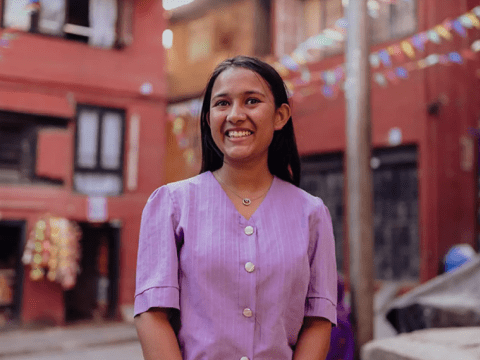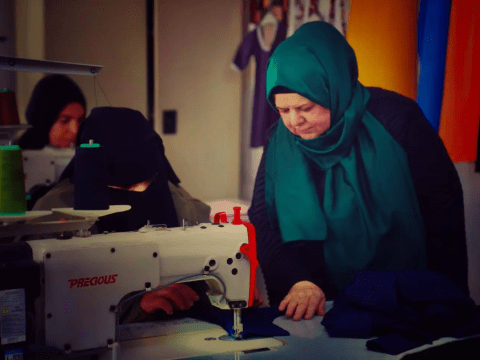International Women's Day
Celebrating Progress and Addressing Challenges
On this International Women's Day, we celebrate the incredible strides women and girls have made around the world. From groundbreaking advancements in education to the increasing number of women leading in business, politics, and social movements, we’ve witnessed remarkable progress. Women are rising and breaking barriers, fulfilling their God-given potential in ways we once thought impossible.
However, we must acknowledge the obstacles that remain. In many parts of the world, women and girls still face violence, discrimination, limited access to education, and harmful cultural practices. The journey toward empowering them fully is far from over.
We are committed to accelerating the rights of women and girls—ensuring they have the opportunity to live in safety, pursue their dreams, and thrive in every aspect of life. We believe that every woman and girl, made in God's image, deserves to be uplifted, protected, and empowered to fulfill her divine purpose.
Despite a decline in child marriages from 26% to 20% over the past two decades, significant challenges remain. Girls' access to education has improved, with equal participation in primary education in most regions. However, girls still face higher out-of-school rates than boys, particularly in primary school.
The gender gap in literacy also remains significant, with only 80% of women being literate compared to 90% of men globally. Women's participation lags behind men in the workforce, with only 47% of working-age women employed compared to 74% of men, a gap unchanged since 1995.
Additionally, violence against women remains a critical issue, with one-third experiencing physical or sexual violence by an intimate partner.
Let’s honor the milestones we’ve reached and continue to push forward, together, toward a future where women and girls everywhere can live in freedom and dignity.



